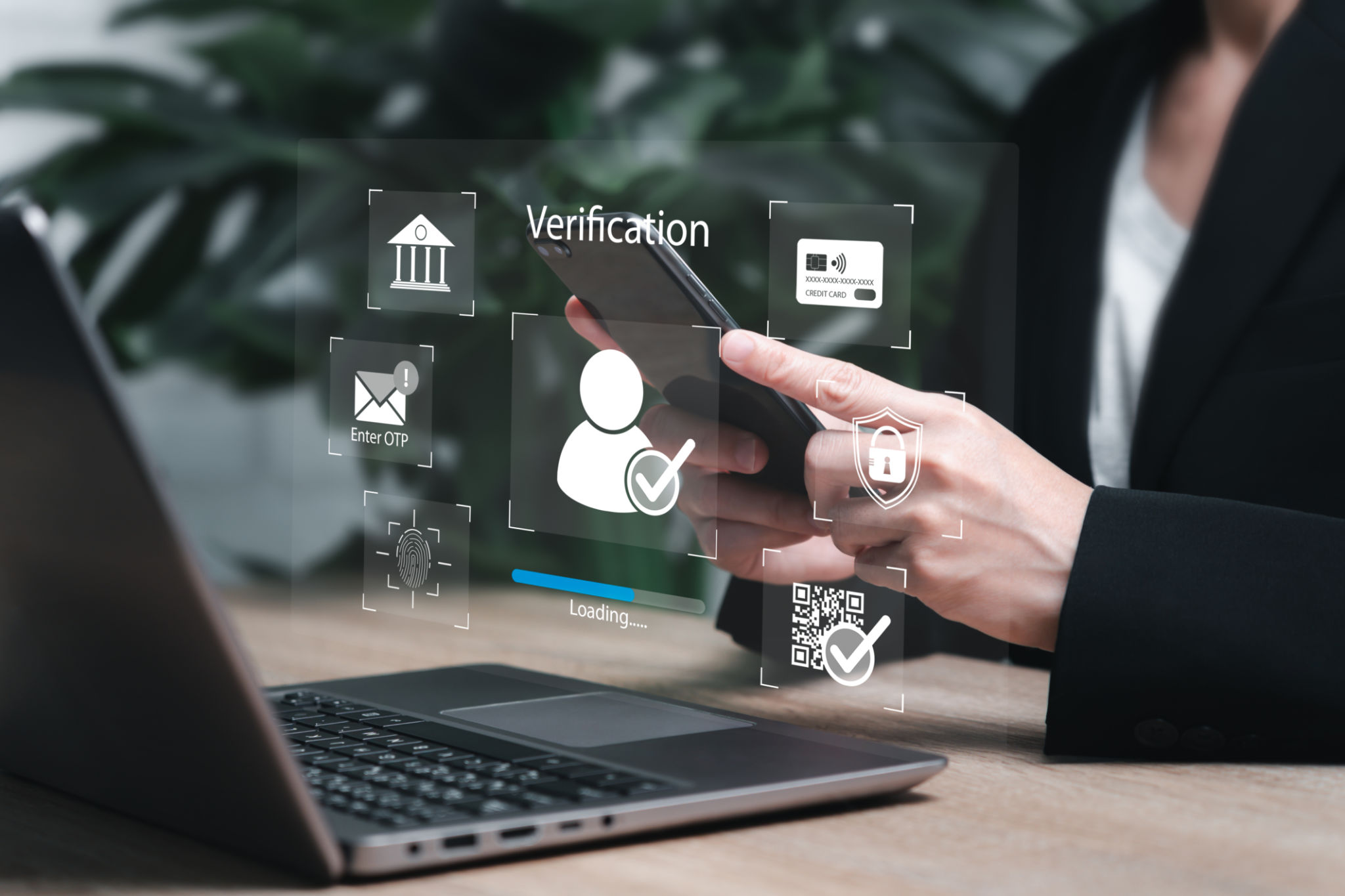The Role of Blockchain in Modern Financial Fraud: Risks and Opportunities
Understanding Blockchain Technology
Blockchain technology, originally devised for Bitcoin, has evolved far beyond its initial purpose. As a decentralized ledger of all transactions across a network, it ensures that once data is recorded, it cannot be altered retroactively. This makes blockchain a promising tool in various industries, especially in finance, where transparency and security are paramount.
By providing a secure way to record transactions, blockchain technology offers a potential solution to some of the prevalent issues in financial systems. Its decentralized nature minimizes the risk of fraud, as there is no single point of failure. However, like any technology, it brings its own set of challenges and opportunities.

The Risks of Blockchain in Financial Fraud
Despite its potential, blockchain is not immune to misuse. One of the primary concerns is the anonymity it can provide to fraudsters. While blockchain transactions are transparent, the identities behind them can remain hidden. This anonymity can be exploited for illicit activities, such as money laundering and tax evasion.
Moreover, the technology's complexity and the lack of regulatory oversight in some regions contribute to vulnerabilities. Fraudsters can take advantage of these gaps to conduct fraudulent transactions, leaving regulators and law enforcement scrambling to keep up. The immutable nature of blockchain also means that once a fraudulent transaction is recorded, it cannot be reversed.

Opportunities in Combating Financial Fraud
On the flip side, blockchain holds significant promise in combating financial fraud. Its transparent and tamper-proof nature can be harnessed to create more secure financial systems. For instance, smart contracts—self-executing contracts with the terms of the agreement directly written into code—can automate and secure transactions, reducing the risk of fraud.
Furthermore, blockchain can enhance identity verification processes. By securely storing identity information on a blockchain, organizations can verify individuals' identities more reliably, reducing the risk of identity theft and related frauds.

The Role of Regulation
To fully leverage blockchain's potential while mitigating its risks, effective regulation is essential. Governments and regulatory bodies need to establish clear guidelines that balance innovation with security. This involves creating a framework that encourages transparency while protecting users' privacy.
International collaboration is also crucial. As blockchain operates across borders, a coordinated global effort is necessary to address issues such as jurisdictional challenges and differing regulatory standards. This will help in creating a more robust and secure financial ecosystem.
The Future of Blockchain in Finance
As blockchain technology continues to evolve, its role in modern finance will likely expand. Financial institutions are increasingly exploring blockchain solutions to enhance efficiency and security in their operations. This trend is expected to continue as technology matures and regulatory frameworks become more supportive.
Ultimately, while blockchain poses certain risks in terms of financial fraud, its potential benefits are substantial. By addressing these challenges through technological advancements and regulatory measures, the financial sector can harness blockchain's capabilities to build a more secure and resilient system.

